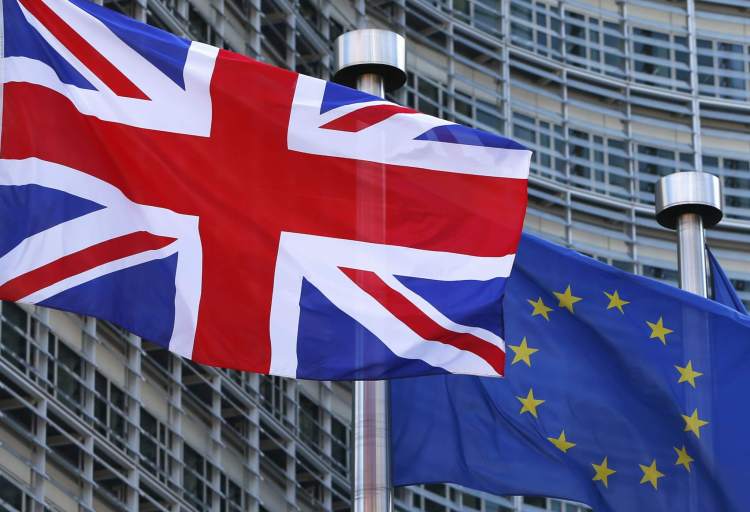With the Brexit palaver showing little sign of reaching a resolution, companies are increasingly tweaking operations to ensure a seamless transition — whatever happens on March 29, 2019.
Silicon Valley cloud giant Box is the latest to announce a service upgrade to offset any fallout caused by the Brexit bulldozer. The company has launched a new zone that is based entirely in the U.K., entailing a primary datacenter in London and a secondary backup incarnation in the Welsh city of Cardiff.
Back in 2016, Box announced Zones, which serve as additional datacenter hubs outside the U.S. via partnerships with AWS and IBM. At launch, Box Zones were located in Germany, Ireland, Japan, and Singapore, and they were later expanded to other territories, including Canada and Australia.
Box Zones did in fact launch in the U.K. in 2017, with a primary storage location established in London and Frankfurt (Germany) serving as a backup. This is how Box defines its zones — as a pair of primary and secondary (backup) locations, sometimes in the same country, sometimes split between countries.
June 5th: The AI Audit in NYC
Join us next week in NYC to engage with top executive leaders, delving into strategies for auditing AI models to ensure fairness, optimal performance, and ethical compliance across diverse organizations. Secure your attendance for this exclusive invite-only event.
Prior to now, Box offered seven zones (not including the standard U.S. configuration):
- Canada: Montreal, Dublin
- Canada: Montreal, Toronto
- Europe: London, Frankfurt
- Europe: Frankfurt, Dublin
- Asia: Tokyo, Singapore
- Japan: Tokyo, Osaka
- Australia: Sydney, Melbourne
With today’s news, Box is effectively giving the U.K. standalone status, similar to Canada, Japan, and Australia, with both datacenter locations situated in-country. This move can be laid mainly at the doors of Brexit, though last year’s GDPR regulation may have played a bit part in the decision.
“Businesses today face a complex and evolving regulatory landscape, none more so than here in Britain,” noted Box’s senior VP and general manager for EMEA, Chris Baker. “With the Brexit decision pending and the impact on regulation such as GDPR unknown, U.K. and European businesses are searching for ways to guarantee business continuity. The U.K. zone will help companies to address data sovereignty concerns and provide certainty around their content.”
The Brexit effect
Last week, London-based peer-to-peer money transfer service TransferWise revealed it was seeking an EU payments license in Brussels in preparation for Brexit, though it insisted it was keeping its main global HQ in the U.K. capital. As London has been Europe’s financial capital, banks and related companies in the U.K. have been preparing for the worst-case scenario — around $800 billion in assets have reportedly been transferred out of the U.K. since the original Brexit referendum in 2016.
Despite Brexit, London technology startups still raised significantly more venture capital (VC) than startups in any other EU city in 2018, even though the city’s VC investment was down 29 percent on the previous year.
We’re still not much closer to knowing how Brexit will work out, but it’s clear that companies of all sizes are working to protect themselves, whatever the outcome. Even if Brexit never comes to fruition, Box can still promise U.K. companies entirely in-country datacenters for reduced latency and enhanced data sovereignty — so it’s a win-win proposition.

